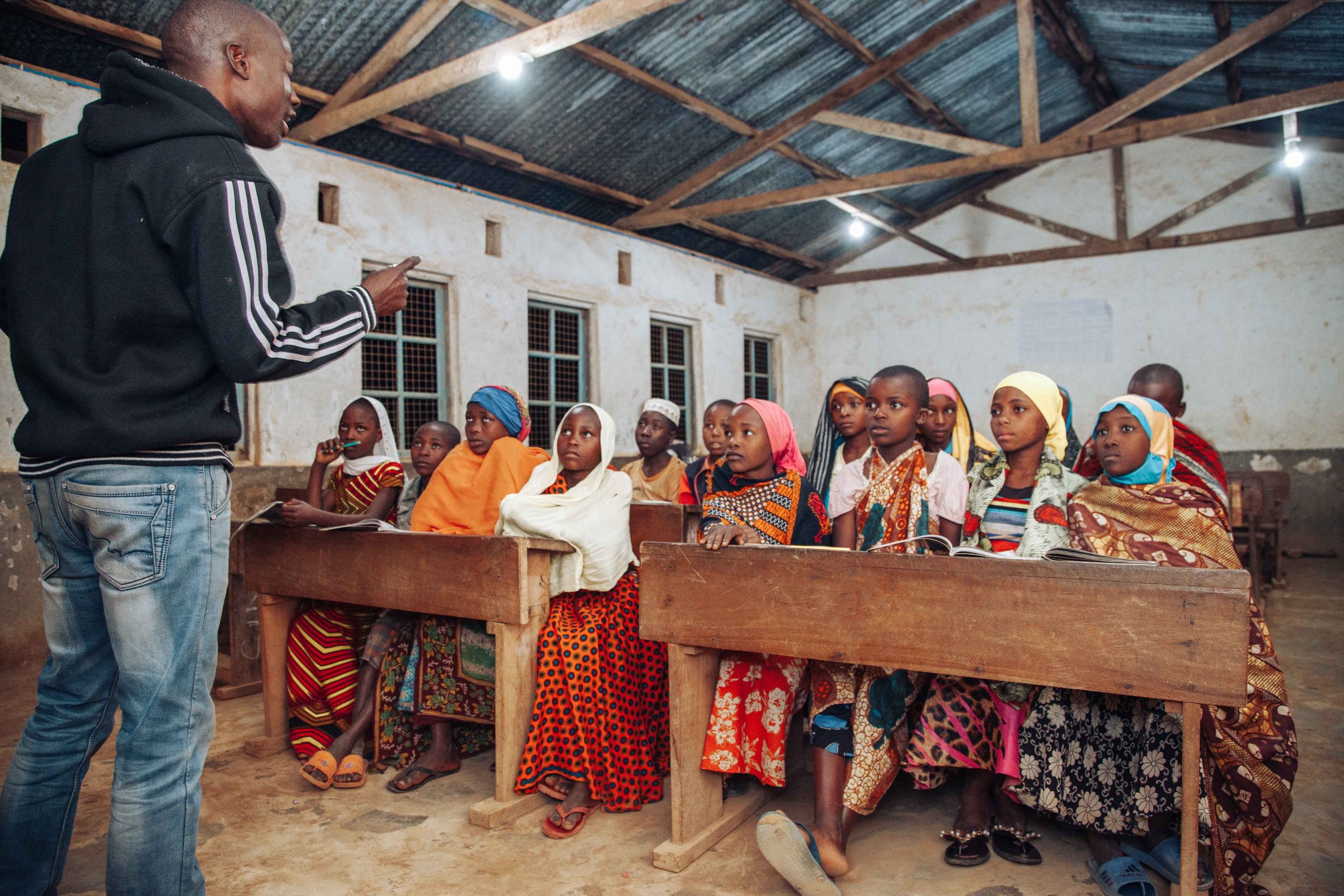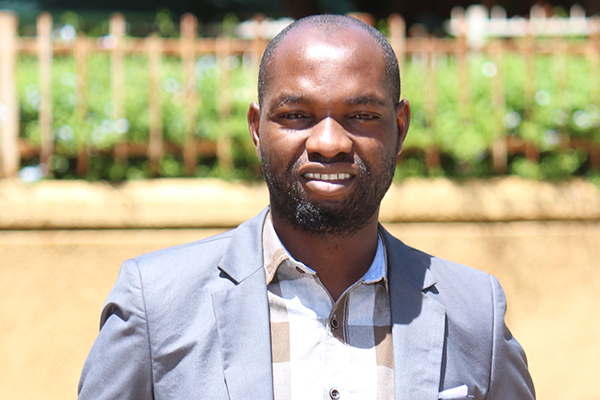
Ensol installed a 48 kWp solar PV mini-grid with integrated storage capacity in the remote mountain village of Mpale in Tanzania. Commissioned in 2017, the mini-grid provides standard 3-phase, low-voltage electricity through a 5 km overhead distribution network. The system was built at grid standard to align with long-term electrification plans of the Tanzanian Rural Energy Agency (REA).
As a 100% locally-owned company, as well as a founding member of the Tanzania Renewable Energy Association (TAREA), Ensol has a strong focus on community involvement and empowerment. During the planning and construction phases of this project, Ensol developed strong relationships with regulators, Mpale village and Korogwe district authorities, and the local community.
To ensure the system functions reliably and meets customer needs, Ensol employs local operators and an administrator. A five-member village electricity committee was also created to receive and respond to customer feedback.
The system is capable of generating up to 102 MWh annually, which increases energy access at very low rates and replaces the use of polluting kerosene and diesel. Ensol uses a flat rate service model, Energy Daily Allowance (EDA), through mobile money that helps customers plan monthly budgets and guarantees monthly revenues. Electricity dispensers at each user’s premise allow easy energy management for both user and developer.
The mini-grid has become an important learning platform for local and international institutions. It has been used as a case study by the World Bank and hosted study visits from University of Dar es Salaam, Open University of Tanzania, University of Sheffield and Harvard University. Officials from Zanzibar and the Ngorongoro Conservation Area Authority have also visited, and the Tanzanian REA awarded the project Results Based Financing.
Targeted Outcome and Impact
This demonstration project brought electricity to Mpale village for the first time. The reliable, renewable and resilient off-grid infrastructure is providing deep and diverse health, economic, and social benefits for this remote community, and local entrepreneurs are exploring new possibilities every day.
Over 250 households are directly connected to the mini-grid, bringing first-time electricity to 4,000 people. A school with 900 pupils is now electrified, leading to higher grades from longer study hours and evening classes for pupils studying for national examinations.
The health clinic serves all surrounding villages and is now able to offer significantly expanded services 24/7 using electric-powered diagnostic and laboratory equipment and refrigerated vaccines and medicine.
Local entrepreneurs and shopkeepers can provide many more services with access to refrigeration, power tools and longer opening hours. The mini-grid is electrifying carpentry and welding workshops, restaurants, printers and groceries, entertainment centres, barbershops and the first women-run hair salon.
The system also supports egg incubators and an investor has approached Ensol about establishing a cardamom spice processing centre. Other possible uses being explored include water pumping for drinking and irrigation, as well as cold storage facilities that would substantially reduce food waste.
The Mpale mini-grid is currently generating 87.6 MWh per year, resulting in 24 tCO2e reduced annually. In 2018 it was awarded best off-grid project of the year by the Alliance for Rural Electrification (ARE). Ensol is now working on replicating the project in 16 other villages by 2025.
Marketing for the clean energy transition
Profile of Precious Vuma, Business Development and Marketing Manager at Powerlive ...
Using innovation to provide access to clean energy
Profile of Felix Boldt, Founder and CEO of Solarworx - Zambia...
Building a Start-up at the Nexus of Energy and Food
Profile of Admore Chiumia, Founder of Green Impact Technologies - Malawi...





